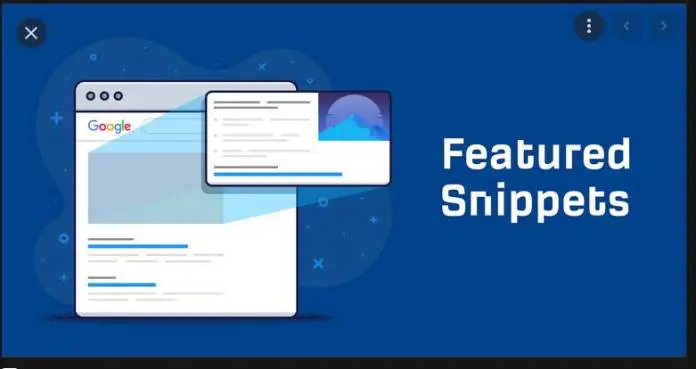
Google in an update said it will no longer provide “featured snippets” answers to stupid user questions. The largest search engine in the world said it will deploy its “data void” technology to address false and misleading information that has been showing up in silly queries on search pages.
According to Google’s VP of Search, Pandu Nayak, a search question such as “when did Snoopy assassinate Abraham Lincoln?” has been known to display “1865” as an answer. While it is true that Abraham Lincoln was assassinated in 1865, it is not true that Snoopy murdered the ancient American president. Nayak said answers such as this to comical questions will be dramatically reduced.
“This clearly isn’t the most helpful way to display this result,” Nayak said. “We’ve trained our systems to get better at detecting these sorts of false premises, which are not very common, but there are cases where it’s not helpful to show a featured snippet. We’ve reduced the triggering of featured snippets in these cases by 40% with this update.”
Snippets are Google’s featured response to direct questions or queries. It is often displayed at the top of search results in a prominent section; the answers given in this featured section are usually aggregated from authority sites and news sources that Google trusts as reputable. But much false and misleading information has been shown in this featured section, causing many people to accuse the search engine of mediocrity.
Sometimes, Google users have been forced to say the search engine displays “fake news” when unreliable information shows up in the snippets section. For instance, a question such as “is Obama planning a coup?” asked in 2017 came up with the featured snippet that “Obama may in fact be planning a communist coup d’etat at the end of his term in 2016.” The hilarious response was pulled from a conspiracy website.
Instead of showing misleading and fake information, Google is also launching a “data void” update, where a notification will pop up that good answers, are not available to certain dead-on-arrival questions. There will also be an advisory where users can exercise caution about the displayed response to their direct questions.
Nayak said that when users are notified that “it looks like there aren’t many great results for this search” in response to a given query, it doesn’t mean that there isn’t helpful information available or that those available are low quality, it simply means that there is a proper context for the results on the given search page.










